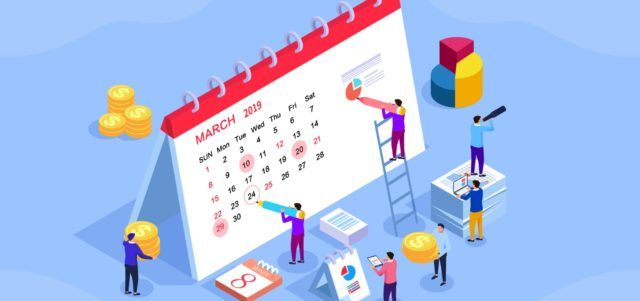Debt can be something that is very stressful and often debilitating to many people’s finances. It can seem very overwhelming to have to pay off tens of thousands of dollars without any plan or approach handy. The good news: if you have the right mindset and a plan of action, you can accomplish just about anything in life, even pay off your debt.
Student Loans
The main culprit in student’s lives is student loans, which most students have to take out to finance their post-secondary education. According to Statistics Canada, the average Canadian undergraduate student graduates with more than $26,000 in student debt. That’s a lot. And for students wanting to pursue further education or graduate school, that number can easily triple, with medical school, law school, and dentistry school being by far the most expensive. If you want to pursue further education after getting your undergrad, you need to fully know what you are getting into financially.
According to the National Student Loan Centre, it takes an average Canadian student 9 years to pay off their student loans. That number, coupled with the interest accrued during that time, is realistically a lot to handle. Interest is a percentage rate that you have to pay every year, and it is essentially the cost of you borrowing money. Over time, interest can really add up and significantly increase the amount of your student loans. For Canadian federal student loans, the interest rate is currently 2.5% plus prime. Prime refers to the average bank prime rate, which is around 3.95%, although that number fluctuates often. That means that the total interest rate on federal loans in Canada is about 6%, give or take, which can definitely add up.
Making a Plan
To develop a plan to pay off your student loans, the first logical step is to write out every kind of debt that you owe, in order from highest interest to lowest interest. This is because over time, the higher-interest loan will accumulate a lot more debt than a lower interest rate, comparatively. Credit card loans and other personal loans may have a dramatically higher interest rate and should be prioritized and paid off first. After writing out all of the debt that you owe, it’s important to read the fine print.
It is vital to understand the terms and conditions that apply to all your loans; student loans in particular. For example, Canadian federal student loans, payments for the provincial part of the loan are said to not be required in the first six months after graduation. Despite that, interest on the federal portion of the loan (prime rate plus 2.5%) of the loan begins on day one, which causes a significant amount of additional debt to add up. For this reason, it is important to start paying off student debt as soon as you possibly can right after graduation to minimize the debt as much as you can.
To start repaying your student debt, it will really help you to make a budget to prioritize what you spend your money on and where your money goes. Budgeting alone can help you organize your finances and determine how much you can realistically afford to allocate towards debt repayment. Plan out your living expenses, and make debt repayment a priority. It can be motivational to start chipping away at the smallest amount of debt that you have, and slowly progress to larger amounts of debt.
